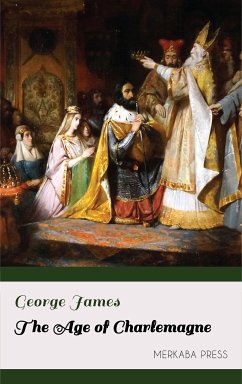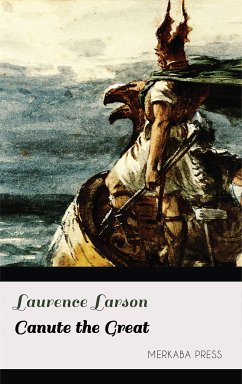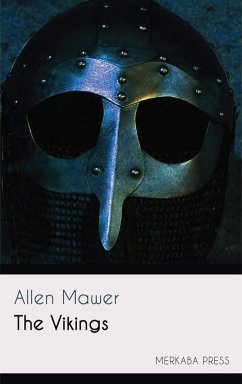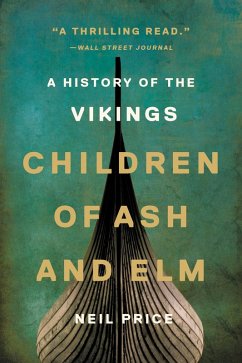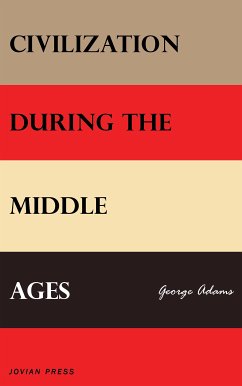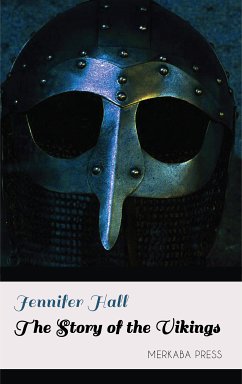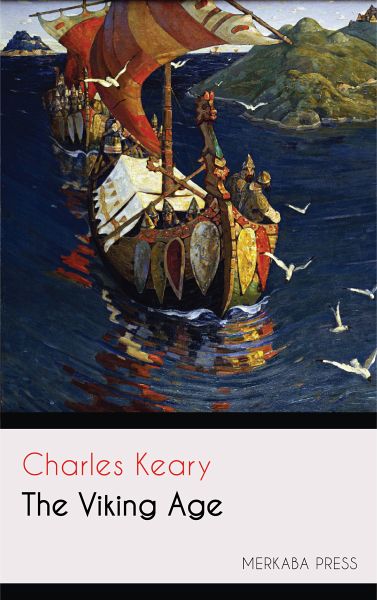
The Viking Age (eBook, ePUB)

PAYBACK Punkte
0 °P sammeln!
The present volume is concerned with that period in the history of the Scandinavian peoples when they were growing, but had not yet fully grown, into nationalities, and when, therefore, their true national history had not begun. Every historic people has passed through this early formative period, its age of Sturm und Drang; and it may be said that every nationality which is worthy of the name has looked back upon that age with a peculiar affection and with a sort of reverence. It has, in consequence, ov...
The present volume is concerned with that period in the history of the Scandinavian peoples when they were growing, but had not yet fully grown, into nationalities, and when, therefore, their true national history had not begun. Every historic people has passed through this early formative period, its age of Sturm und Drang; and it may be said that every nationality which is worthy of the name has looked back upon that age with a peculiar affection and with a sort of reverence. It has, in consequence, overlaid the faint traditions of it with a garment of mythology, out of which it is in most cases possible only here and there to separate a shred of historical truth. The result is that the very phase in the development of the people about which we most long to know, is the one about which we are condemned to the completest ignorance. The Viking Age of the Northern Folk differs from the corresponding epochs in the history of other nations in this - that it is illuminated by a faint ray of real history lent from the pages of contemporary but alien chroniclers, the chroniclers, I mean, of Christian Europe. Were it not for this faint gleam, the earliest age of the Vikings would have remained for us as a mere tradition, something known to have been, but not presentable in any realizable form; much, in fact, what the Dorian Migration is in the history of Greece. As it is, by the aid of the contemporary records I have spoken of, we can present the northern migration in a clearer guise.
For all that, a distinction must be drawn between the earliest and, as I would call it, true Viking Age, and the actual history of the Scandinavian Folk as recorded by themselves. Viking expeditions continued to be made during the later historical period. But they took a different character from those of the earlier age, and they no longer absorbed so large a part of the activity of the people; at any rate they no longer constituted, as they do for our period, the only phase of national activity whereof the records remain. Thus, though the expression Viking Age is often employed with a much wider significance, it would, I think, be an advantage, could its use be confined to just this epoch in the life of the Northern people and to no other; to their age of Storm and Stress, the age of their formation.
For all that, a distinction must be drawn between the earliest and, as I would call it, true Viking Age, and the actual history of the Scandinavian Folk as recorded by themselves. Viking expeditions continued to be made during the later historical period. But they took a different character from those of the earlier age, and they no longer absorbed so large a part of the activity of the people; at any rate they no longer constituted, as they do for our period, the only phase of national activity whereof the records remain. Thus, though the expression Viking Age is often employed with a much wider significance, it would, I think, be an advantage, could its use be confined to just this epoch in the life of the Northern people and to no other; to their age of Storm and Stress, the age of their formation.
Dieser Download kann aus rechtlichen Gründen nur mit Rechnungsadresse in A, B, BG, CY, CZ, D, DK, EW, E, FIN, F, GR, H, IRL, I, LT, L, LR, M, NL, PL, P, R, S, SLO, SK ausgeliefert werden.






